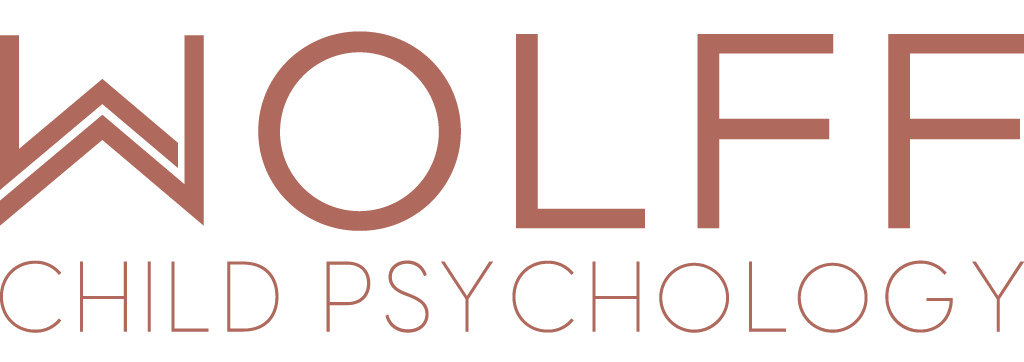Dyslexia
According to the International Dyslexia Association (IDA), Dyslexia is defined as “a specific learning disability that is neurological in origin. It is characterized by difficulties with accurate and/or fluent word recognition and by poor spelling and decoding abilities. These difficulties typically result from a deficit in the phonological component of language that is often unexpected in relation to other cognitive abilities and the provision of effective classroom instruction.” Individuals with Dyslexia often struggle with segmenting, manipulating, and blending word sounds. These skills are aspects of phonemic awareness, which fall under the larger umbrella of phonological awareness. Because these skills are foundational for reading and writing, the difficulties that come with sounding out words can subsequently cause readers to be less accurate and fluent when reading. Similarly, these difficulties can also negatively impact a child’s ability to produce accurate letter-sound correspondence when writing, causing poor spelling. These difficulties persist in the context of standard phonics-based classroom instruction in reading. Challenges with reading fluency may also cause difficulties with reading comprehension because children spend so much time attempting to read fluently their brain is preoccupied and unable to encode the content of what is being read.
Children and teenagers with Dyslexia not only struggle with the development of reading and spelling skills, but also often develop low academic self-confidence and academic anxiety, especially as they begin to recognize their learning differences. Diagnostic evaluations not only help the parents and teachers of a child with Dyslexia better characterize that child’s academic difficulties, but they also can help the child more clearly and accurately understand their own personal strengths. Diagnosis of Dyslexia requires a qualified professional to gather information about the child, their behavior, and environment. No single test can diagnose a child as having Dyslexia, and many other problems, like anxiety, other learning disorders, and ADHD, can have similar symptoms. Dyslexia evaluations include a combination of in-office testing procedures; questionnaires completed by parents, teachers, and children; and clinical observations.
The type, duration, and frequency of supports will vary depending on each child and the severity of a person’s Dyslexia. Evidence-based supports can include school-based interventions and accommodations through the development of Individualized Education Programs (IEPs) or 504 Plans. Private tutoring, academic summer camps, and/or extended school year supports are also recommended for students with Dyslexia. Explicit instruction in structured literacy is essential. Packaged interventions such as Orton-Gillingham and Wilson are specifically designed to teach literacy in a way that is compatible with Dyslexic brains. Other reading interventions, such as paired reading and following along to read alouds, may be beneficial but are not a substitute for direct structured literacy instruction. Many providers recommend that students be exempt from instruction in a foreign language until the child is proficiently reading and writing in English. It is also recommended that in scenarios when reading is not being directly assessed (e.g., a math test), children be provided with the option to have a teacher read test items to them. When children simultaneously demonstrate low academic self-esteem or anxiety around reading and writing, therapy with a trained mental health professional may help children better understand, express, and cope with their feelings.
Other posts about Dyslexia can be found on the WCP blog.

